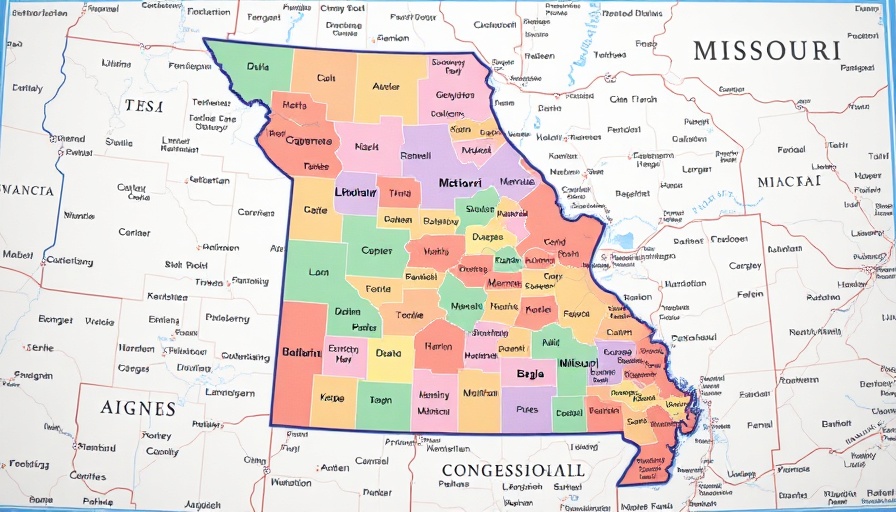
First Reported Case of West Nile Virus in Illinois: What You Need to Know
Residents of Southern Illinois are on high alert as the CDC has confirmed the first human case of West Nile Virus (WNV) for 2025. The victim, hospitalized due to severe complications of the virus, marks an early onset of illness not seen since 2016. This revelation is particularly worrisome considering that approximately one in 150 infected individuals may develop a serious condition affecting the brain and spinal cord, possibly leading to paralysis.
Understanding the Risks: Who is Most Vulnerable?
As the weather warms and outdoor activities ramp up, vigilance becomes paramount, especially for seniors over 65 and those with weakened immune systems. Health officials are taking this early case as a critical reminder to the public: the threat of mosquito-transmitted illnesses is very real. Dr. Sameer Vohra of the Illinois Department of Public Health urged everyone, particularly at-risk groups, to adopt protective measures against mosquito bites.
The Alarming Trends: Cases Surge Over Recent Years
Last year saw an uptick in West Nile Virus cases in Illinois, with 69 confirmed human cases and 13 related fatalities, making it the highest annual total since 2018. These figures underscore a troubling trend since mosquito-borne illnesses seem to be on the rise. Enhanced monitoring has been initiated across the state, especially as Illinois recorded WNV positive mosquitoes as early as May 9 in Rockford.
Key Steps to Take: ‘Fight the Bite’ Initiative
The Illinois Department of Public Health launched the 'Fight the Bite' campaign highlighting three critical R's: Reduce, Repel, and Report. Residents are encouraged to:
- Reduce mosquito breeding: Fix window screens, ensure standing water is eliminated, and keep yards clean.
- Repel mosquitoes: Wear protective clothing and use EPA-registered insect repellents while enjoying outdoor spaces.
- Report stagnant water: Help local health departments identify potential mosquito breeding sites.
Community Responsibility: Local Initiatives and Support
In response to the rising concern, more state funding—$2.8 million—has been allocated to bolster mosquito surveillance and control across Illinois. Local health departments are actively participating by collecting mosquitoes for testing, aiming to keep communities safe and informed. This cooperative effort emphasizes the importance of public engagement in combating WNV.
The St. Louis Connection: What Residents Should Be Aware Of
St. Louis residents are not far removed from this growing concern. The proximity of these cases in Illinois means potential risks may extend across state lines. As one of the vibrant hubs for recreation and tourism, St. Louis can expect an influx of outdoor activities. It is vital for visitors and residents alike to embrace the recommendations shared by health officials, especially as the summer months invite increased outdoor participation.
Looking Ahead: Is it Time to Increase Awareness?
This recent case begs the question: do we need more stringent awareness and preventive practices? As mosquito season heats up, it is essential to stay informed and proactive. If you're planning activities in the St. Louis area, integrating mosquito precautions into your outdoor agendas could save you from potential health issues.
Conclusion: Take Action Now!
As health officials stress the importance of awareness and action, it is time for individuals and communities to step up. Reporting stagnant water and adopting measures to protect oneself against mosquito bites can significantly reduce the threat of West Nile Virus. Engaging with local health initiatives also empowers residents to shape a healthier community.
Stay safe, stay informed, and enjoy your summer time in St. Louis with the attitude of 'Fight the Bite' in mind!
 Add Row
Add Row  Add
Add 




Write A Comment